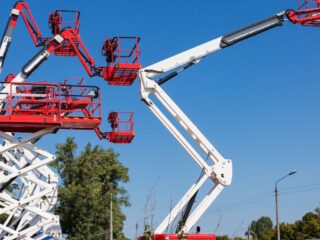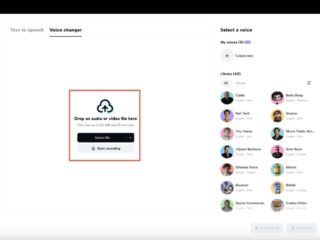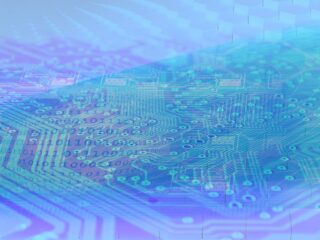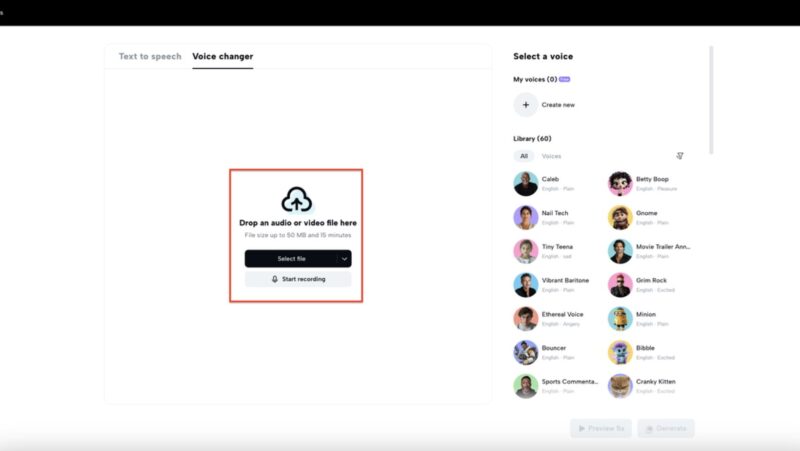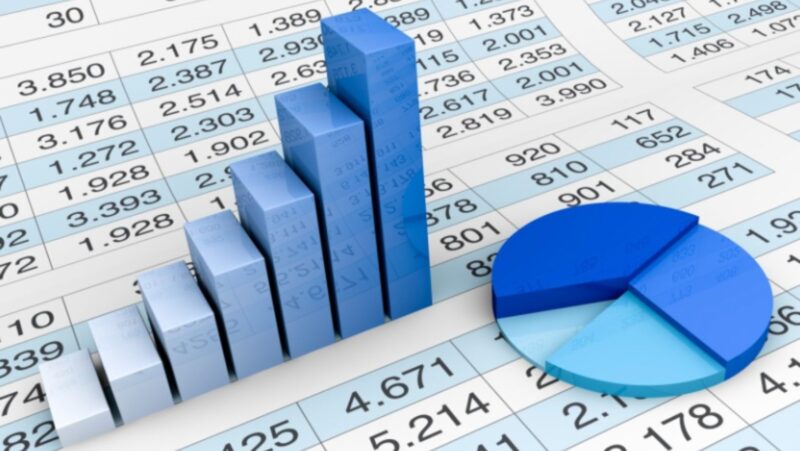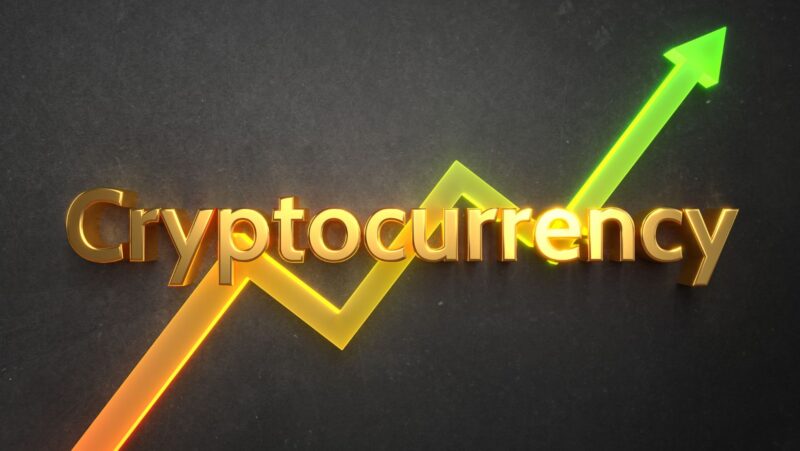
If you’ve been paying attention to the world of technology, you’ve likely come across two of the biggest buzzwords: artificial intelligence (AI) and blockchain. From powering chatbots to securing decentralized finance (DeFi), these technologies are making waves.
But what happens when you combine AI and blockchain? The result is a groundbreaking upgrade that’s set to redefine how we think about decentralization and innovation in the crypto space. Oh, and let’s not forget: whether it’s Bitcoin, Ethereum, or even fun projects like Pepe Coin, these upgrades could impact them all.
In this article, we’ll explore how AI is reshaping the blockchain landscape and why it matters to the future of decentralized systems.
AI and Blockchain: A Perfect Match
At first glance, AI and blockchain might seem like two completely unrelated fields. AI is about training machines to think and learn, while blockchain focuses on secure, transparent record-keeping. However, they share a critical common ground: both aim to enhance efficiency and solve problems in new, innovative ways.
Here’s why they work so well together:
- Data Management: Blockchain is a treasure trove of data. AI thrives on data to make better predictions, decisions, and analyses. Together, they create smarter, self-improving systems.
- Automation: Blockchain networks rely heavily on smart contracts—self-executing agreements based on predefined rules. AI can enhance these smart contracts to handle more complex tasks.
- Scalability: Decentralized systems often face scalability issues. AI algorithms can analyze bottlenecks and optimize transaction speeds, making blockchains faster and more reliable.
How AI is Upgrading Blockchain Technology
Let’s break down some of the ways artificial intelligence is turbocharging the blockchain world.
Enhanced Security
Blockchain technology is already secure by design, but AI takes it a step further. By using machine learning algorithms, AI can detect unusual patterns in transactions and identify potential fraud in real time.
For example, imagine a blockchain wallet that notices unusual withdrawal patterns and temporarily locks itself, preventing a hack. This level of proactive security could be a game-changer for cryptocurrencies and decentralized applications (dApps).
Smarter Smart Contracts
Smart contracts are one of the most powerful features of blockchain, enabling decentralized agreements without the need for intermediaries. However, traditional smart contracts operate on a “set-and-forget” model.
AI changes the game by adding a layer of intelligence. AI-powered contracts can adapt to changing conditions, learn from previous transactions, and even resolve disputes more effectively. They essentially make blockchains smarter and more flexible.
Efficient Resource Allocation
Blockchain networks often require a lot of computing power, which can be costly and wasteful. AI can optimize how resources are allocated across a blockchain, reducing energy consumption while maintaining performance.
Take mining, for instance. AI algorithms can predict the best times to mine based on market conditions, reducing unnecessary energy use and making systems more eco-friendly.
Predictive Analytics for Crypto Markets
For traders and investors, the integration of AI and blockchain offers incredible opportunities. AI can analyze blockchain data to provide valuable insights, like predicting price trends or identifying promising projects.
For example, instead of manually researching hundreds of new coins or tokens, AI tools could analyze their transaction histories and community sentiment, giving you a clear idea of what’s worth investing in.
AI-Powered Consensus Mechanisms
Consensus mechanisms are the backbone of any blockchain, ensuring that all nodes in a network agree on the state of the blockchain. Traditional mechanisms like Proof of Work (PoW) or Proof of Stake (PoS) have their limitations, such as energy inefficiency or vulnerability to centralization.
AI introduces new possibilities, such as dynamic consensus mechanisms that adapt based on network conditions. This ensures faster, more energy-efficient transactions while maintaining decentralization and security.
Imagine a blockchain that adjusts its consensus mechanism in real time during high traffic, ensuring that it stays efficient without compromising security. That’s the power of AI at work.
Drawbacks of Merging AI and Blockchain
While the potential is enormous, integrating AI into blockchain systems isn’t without challenges.
- Complexity: Combining two advanced technologies requires a deep understanding of both fields, which can be a hurdle for developers.
- Data Privacy: AI requires access to vast amounts of data to function effectively. Ensuring that this data remains private and secure on a blockchain is a tricky balancing act.
- Cost: AI algorithms and blockchain networks can both be resource-intensive. Merging the two might initially increase costs before optimization sets in.
That said, the benefits far outweigh the obstacles. As these technologies mature, we can expect solutions to these challenges to emerge.
The Future of AI and Blockchain
So, where is this combination headed? Experts predict a future where AI and blockchain are deeply intertwined, creating systems that are not just decentralized but also intelligent.
- Decentralized AI: Instead of relying on centralized AI models controlled by tech giants, blockchain can help create decentralized AI systems where data and control are distributed.
- Automated DeFi: Decentralized finance could become even smarter, with AI managing lending, borrowing, and trading platforms for maximum efficiency and fairness.
- Global Supply Chains: AI-driven blockchains can make global supply chains more transparent and efficient, reducing fraud and waste in industries like food, fashion, and manufacturing.
Conclusion
By merging AI and blockchain, we’re building smarter, more adaptable systems that address the limitations of today’s technology. From enhanced security to smarter automation, this powerful duo is unlocking the full potential of decentralization. If you’re ready to embrace the future, now is the time to dive into the possibilities of AI-powered blockchains.



